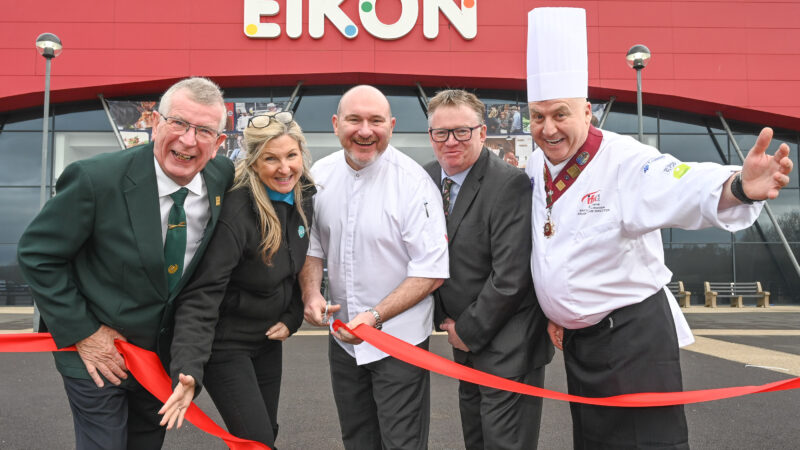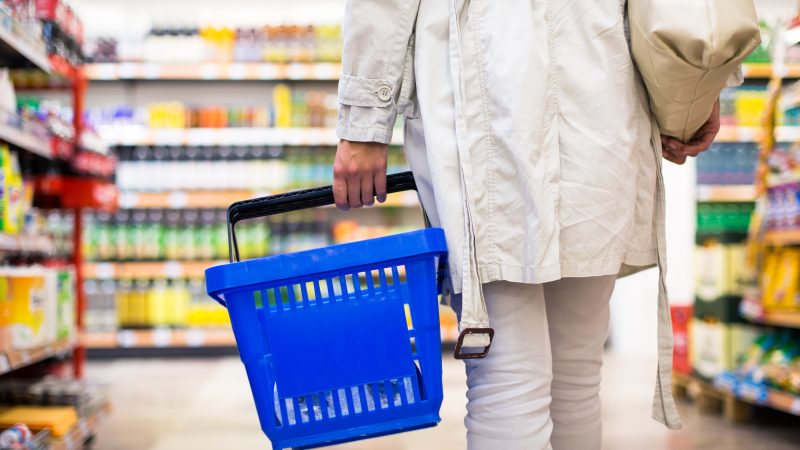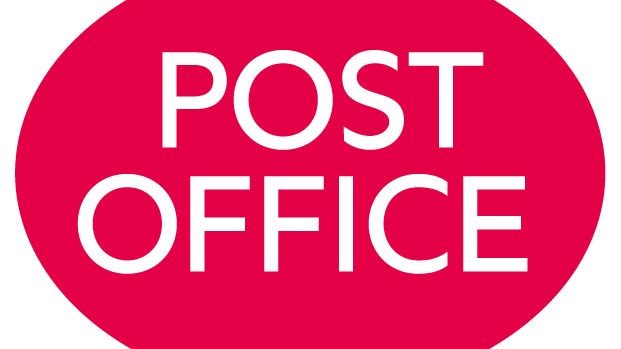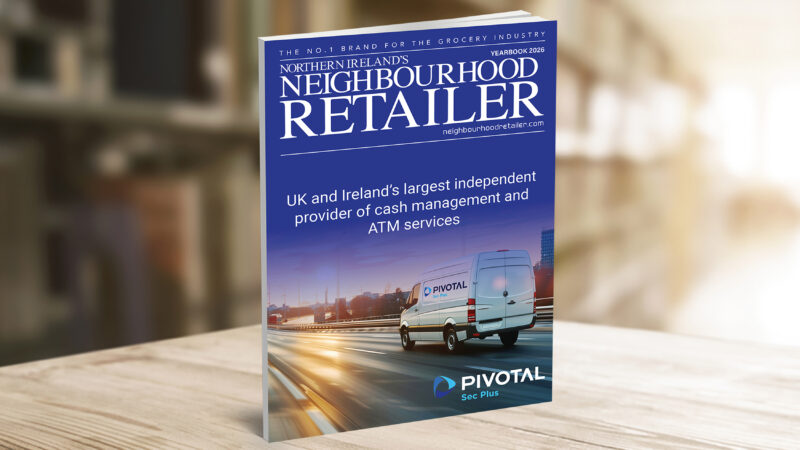UK Food and Beverage Sector M&A deal value drops by more than 90%

UK Food and Beverage M&A market activity in T2 2022 (May – August) saw a 29% drop off in deal volume when compared with the same period in the prior year, according to a new report.
The latest UK Food and Beverage Sector M&A report from corporate finance house, Oghma Partners, recorded 22 deals for the period with a corresponding overall estimated deal value of c. £270.0m compared to £3.9bn in the prior year period, a more than 90.0% decline, continuing the T1 trend.
Around 60% of deals had an estimated value of £20.0m or less which is a continuation of what we saw in the first tertial.
Overseas buyers accounted for 36.4% of deal volume which is in line with the five-year average of 33.0%. Notable deals included Solina’s acquisition of Zafron Foods and Lotus Bakeries acquisition of Peter’s Yard as both companies continued to solidify their positions in the UK market.
Activity from financial buyers dropped off significantly, only accounting for 9.1% of total deal volume for the period. This could be a sign of things to come as we are witnessing rising interest rates around the world which will impact on PE companies’ ability to raise debt to fund acquisitions.
Despite this Endless LLP completed their acquisition of KTC Edibles, the Wednesbury-based edible oils supplier which was probably the largest deal in the UK F&B space during the period.
Grocery/confectionery was the most active category for the period with the most notable deal being Premier Foods acquisition of The Spice Tailor (EV: £43.8m1 ; EV/EBITDA: n.a.) marking their first acquisition since 2016.
Mark Lynch, Partner at Oghma Partners, said: “Year to date August 2022 we estimate that the number of UK F&B deals totalled 50 in the period vs. 62 in the prior year, an overall decline of 20.0% by volume, a decline that accelerated in the second tertial.
“The more dramatic story is the YTD deal value decline of +90.0% with an equal decline in T1 and T2. The decline in activity is similar to that seen 0in 2020 when the full impact of Covid on deal activity was noted. However, in that year there was a strong recovery in the final four months of the year as Covid challenges had been faced and corporate activity got back closer to normal.
“Particularly absent in the first eight months of the current year has been any sizeable transactions. In 2021 for example there were six deals with values ranging from £200.0m to £2.0bn with the average deal size of this group at £1.1bn.
“The decline in deal activity we believe is related to a number of factors. Firstly, business uncertainty – the trading environment is difficult, many food & beverage companies have had to put through sharp price increases with more to follow in the coming months. Profitability is under pressure and the outlook uncertain putting off buyers and sellers alike.
“Secondly, debt availability and cost – it appears that liquidity is getting tighter with banks less willing to lend and the cost of debt is rising as governments seek to both fight inflation and fund expansionary fiscal budgets.
“Thirdly, changing appetite for risk – a declining appetite for risk is seen in public markets via rising bond yields, a falling bond market and lower debt availability. Buyers changing appetite for risk is noted by increasing hurdle rates and lower valuations as a result.”






